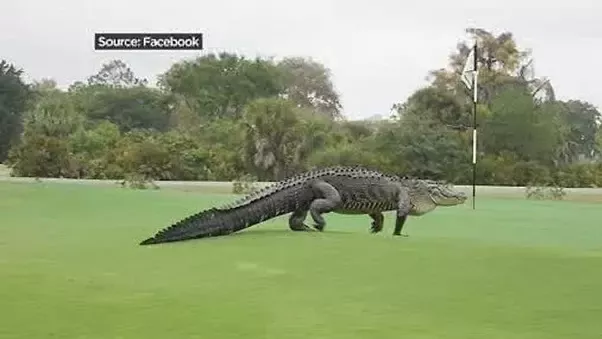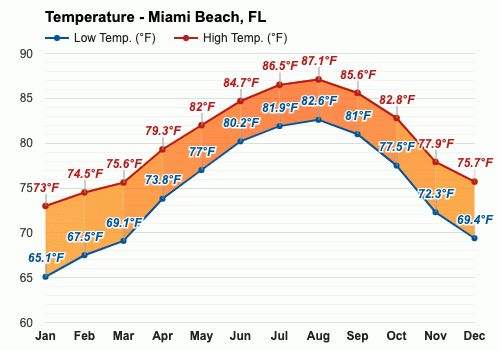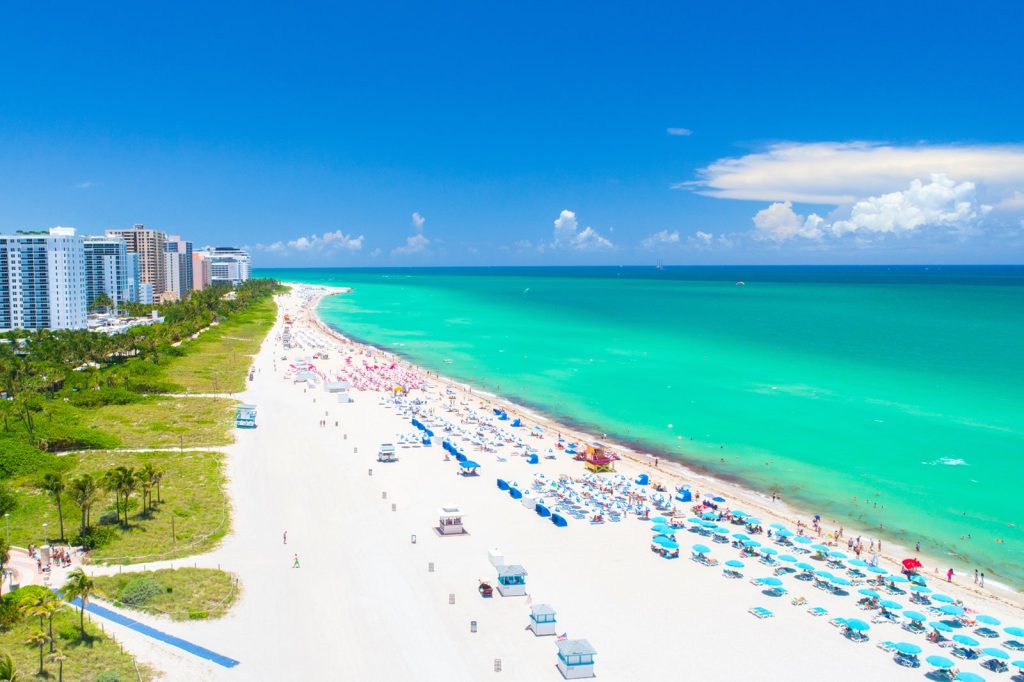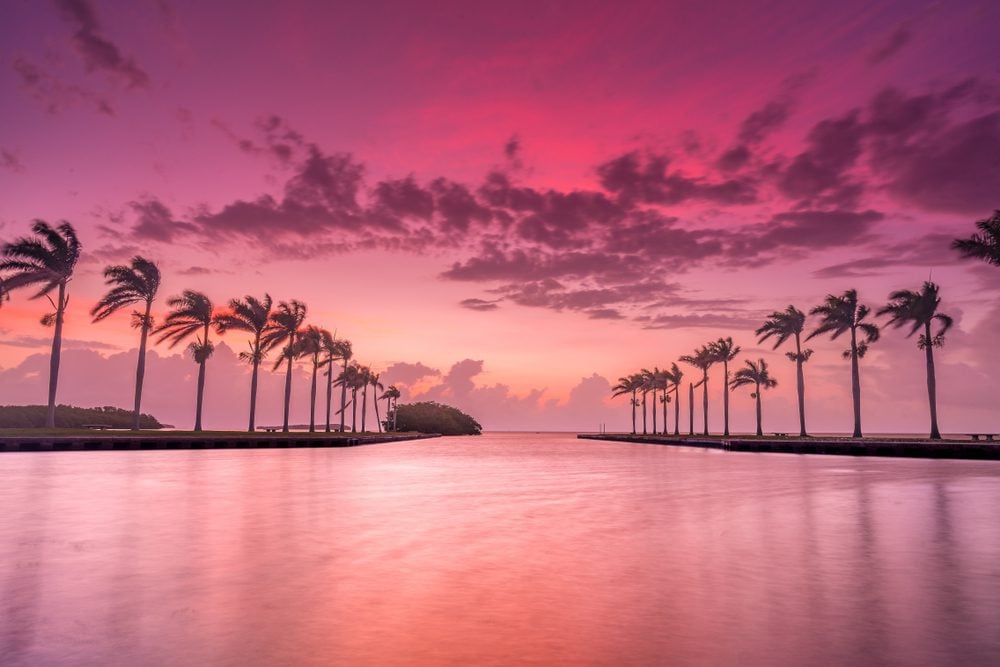Welcome to the sunny shores of Miami Beach, where palm trees sway in the ocean breeze and the sand is as soft as a pillow. But amidst this tropical paradise, you might be wondering, “Are there alligators in Miami Beach?” Well, my curious friend, prepare to dive into the depths of this question as we explore the fascinating wildlife that inhabits the waters and wetlands of this vibrant city.
Now, when you think of Miami Beach, you may envision glamorous celebrities and trendy nightlife. But let me tell you, there’s more to this place than meets the eye. While it’s true that alligators are not commonly found lounging on the beach, they do call the surrounding areas home. The wetlands and marshes that border Miami Beach provide the perfect habitat for these ancient creatures. So, if you venture a little further inland, you might just come face to snout with one of these reptilian residents.
But fear not, my intrepid adventurer! The presence of alligators in Miami Beach doesn’t mean you need to cancel your beach day. These creatures tend to keep to themselves, preferring the calm waters of the Everglades and the nearby swamps. However, it’s always wise to exercise caution when exploring their natural habitat. Remember, they are wild animals, and it’s best to admire them from a safe distance. So, grab your sunscreen and sense of wonder as we embark on a journey to uncover the secrets of Miami Beach’s enchanting wildlife.

Are There Alligators in Miami Beach?
Miami Beach is a popular tourist destination known for its stunning beaches, vibrant nightlife, and luxurious hotels. However, amidst the glitz and glamour, there is one question that often comes up: are there alligators in Miami Beach? The answer may surprise you. While alligators are not commonly found on the sandy shores of Miami Beach, they do inhabit the surrounding areas such as the Everglades and other bodies of water in South Florida.
Alligators in the Everglades
The Everglades, a vast subtropical wilderness located just west of Miami Beach, is home to a thriving population of alligators. Spanning over 1.5 million acres, this unique ecosystem provides the perfect habitat for these reptiles. The alligators in the Everglades play a vital role in maintaining the balance of the ecosystem, and spotting one in their natural habitat can be an incredible sight.
The Everglades National Park offers visitors the opportunity to explore this unique environment and catch a glimpse of these magnificent creatures. However, it’s important to remember that alligators are wild animals and should be observed from a safe distance. It is illegal and dangerous to feed or disturb them.
Alligators in Other Areas of South Florida
While the Everglades is the primary habitat for alligators in South Florida, these reptiles can also be found in other bodies of water throughout the region. Canals, lakes, and swamps are potential habitats for alligators, and sightings have been reported in areas close to Miami Beach.
It’s important to note that while alligators may occasionally venture into urban areas, they are typically more active during warmer months and tend to avoid heavily populated areas. Local authorities are well-equipped to handle any encounters with these reptiles and have protocols in place to ensure public safety.
Staying Safe Around Alligators
If you find yourself in an area where alligators are known to inhabit, it’s essential to take certain precautions to ensure your safety. Here are a few tips to keep in mind:
1. Keep your distance: Always maintain a safe distance of at least 30 feet from any alligator. These animals are powerful and can move quickly, so it’s crucial to give them space.
2. Do not feed alligators: Feeding alligators is not only illegal but also dangerous. It can disrupt their natural behavior and cause them to associate humans with food, leading to potentially dangerous encounters.
3. Be cautious near water: Alligators are excellent swimmers and can be found in bodies of water such as lakes, canals, and even golf course ponds. Avoid swimming in areas where alligators are known to inhabit and always be vigilant when near the water’s edge.
4. Secure trash and pet food: Alligators are attracted to potential food sources, so it’s important to secure trash cans and avoid leaving pet food outside, especially near bodies of water.
5. Stay informed: Familiarize yourself with local regulations and guidelines regarding alligator encounters. Local authorities often provide valuable information on how to stay safe and what to do in case of an encounter.
In conclusion, while alligators are not commonly found on the sandy beaches of Miami Beach, they do inhabit the surrounding areas such as the Everglades and other bodies of water in South Florida. It’s important to respect these incredible creatures and take necessary precautions to ensure the safety of both humans and alligators. By following the guidelines provided by local authorities, visitors can enjoy the natural beauty of the region while staying safe.
Key Takeaways: Are There Alligators in Miami Beach?
- Yes, there are alligators in Miami Beach, but they are not commonly found in the tourist areas.
- Alligators prefer freshwater habitats like swamps, lakes, and canals.
- It is rare for alligators to venture into the ocean or saltwater areas.
- If you encounter an alligator, it’s important to keep a safe distance and never approach or feed them.
- Local authorities and wildlife officials monitor and manage alligator populations to ensure public safety.
Frequently Asked Questions
Here are some commonly asked questions about alligators in Miami Beach:
1. What is the likelihood of encountering alligators in Miami Beach?
While alligators are native to Florida and can be found in various parts of the state, the likelihood of encountering them in Miami Beach itself is quite low. Alligators tend to inhabit freshwater environments such as swamps, lakes, and rivers, rather than saltwater areas like Miami Beach. However, it’s always important to be cautious and aware of your surroundings when near bodies of water.
In the rare event that an alligator does make its way into Miami Beach, local authorities and wildlife officials are well-equipped to handle such situations and ensure the safety of both residents and visitors.
2. Are there any designated areas in Miami Beach where alligators can be observed?
While there are no specific designated areas in Miami Beach for observing alligators, there are several wildlife reserves and parks in the surrounding areas where these reptiles can be found. One such example is the Everglades National Park, located just a short drive away from Miami Beach. This expansive wetland is home to a diverse range of wildlife, including alligators.
If you’re interested in observing alligators in their natural habitat, it’s recommended to visit these designated areas under the guidance of experienced tour guides or park rangers who can provide valuable insights and ensure your safety.
3. What precautions should I take if I come across an alligator in Miami Beach?
If you happen to come across an alligator in Miami Beach, it’s essential to maintain a safe distance and never approach or attempt to feed it. Alligators are wild animals and should be treated with caution and respect. Remember that they are protected by law, and it is illegal to harm or harass them.
If you encounter an alligator in a public area, it’s important to notify the appropriate authorities immediately. Local wildlife officials and law enforcement agencies are trained to handle such situations and will take the necessary steps to ensure everyone’s safety.
4. Can alligators pose a threat to humans in Miami Beach?
While alligators can be potentially dangerous, the likelihood of them posing a threat to humans in Miami Beach is extremely low. Alligator attacks are rare, and most incidents occur when humans come into close proximity with these reptiles in their natural habitats.
It’s important to remember that alligators are generally wary of humans and will typically avoid contact if given the opportunity. By following the recommended safety guidelines and being mindful of your surroundings, you can minimize any potential risks associated with encountering alligators.
5. What are the regulations regarding alligators in Miami Beach?
In Miami Beach and throughout Florida, alligators are protected under state law. It is illegal to harass, capture, or kill alligators without proper permits and licenses. These regulations are in place to ensure the conservation of alligator populations and maintain the ecological balance of the region.
If you come across an alligator in Miami Beach, it’s crucial to respect their protected status and not engage in any activities that may harm or disturb them. Report any sightings or concerns to the appropriate authorities, who will handle the situation in accordance with the law.
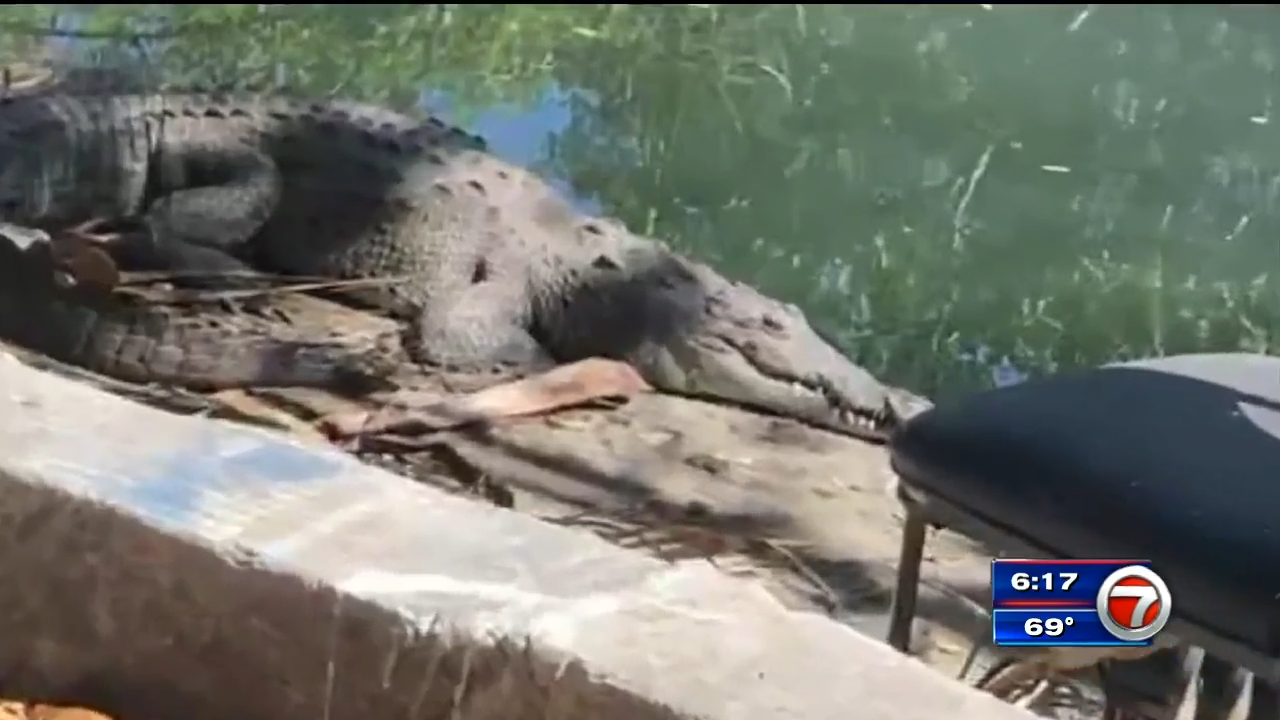
Large alligator saunters through Florida neighborhood
Final Thoughts
After exploring the question, “Are there alligators in Miami Beach?” it’s clear that while alligators are native to Florida, they are not commonly found in the bustling beaches of Miami. While it’s true that Florida has a significant alligator population, they tend to inhabit freshwater environments such as swamps, lakes, and rivers. Miami Beach, on the other hand, is a popular tourist destination known for its pristine sandy shores and vibrant nightlife. So, if you’re planning a visit to Miami Beach, you can rest assured that encountering an alligator is highly unlikely.
However, it’s always important to remember that Florida’s natural ecosystems are diverse and can be home to a variety of wildlife. While alligators may not be commonly seen on Miami Beach, it’s still essential to respect and appreciate the natural habitats of the animals that do reside in the area. So, if you’re exploring any of Florida’s beautiful natural reserves or Everglades, be sure to keep an eye out for these magnificent reptiles.
In conclusion, Miami Beach offers a fantastic beach experience without the worry of encountering alligators. So, pack your sunscreen, grab your beach towel, and get ready to enjoy the sun, sand, and surf without any fears of these fascinating creatures interrupting your vacation.

